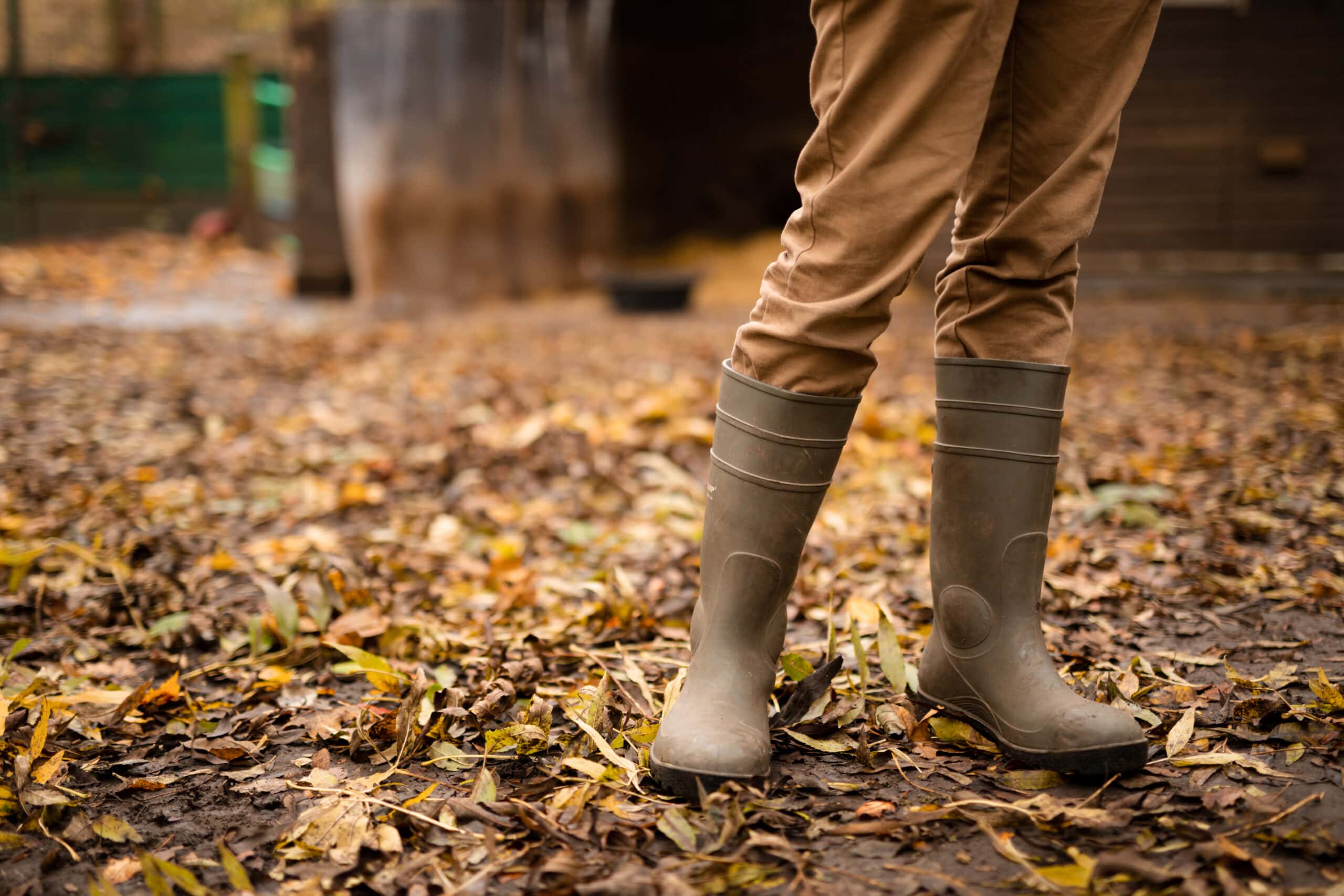The rural business sector is constantly progressing as it continues to evolve and offer exciting career opportunities for skilled graduates with knowledge of rural business diversification and sustainability.
Our BA (Hons) in Rural Business Management is the perfect choice for you if you are interested in starting or diversifying a rural business. Rural businesses span many industry sectors, including agriculture, tourism and events, equestrian, horticulture, conservation, food production and many more. This course is designed to develop the business and entrepreneurial skills and knowledge you will require to develop, start, or diversify any rural business.


You may already have a rural background/qualification or just simply want to begin your journey into the lucrative area of rural diversification. The course applies business theory to the rural environment, providing the potential for you to identify rural business opportunities and be able to act upon them.


You will gain a wide range of management skills and academic knowledge which will help you to understand the scientific principles of a range of agricultural enterprises, enabling you to make informed decisions in your business or career.
The course is broken down into 12 Modules (all at 20 credits), which are completed over 2 years.
Your overall workload consists of class contact hours, independent learning and assessment activity, plus field trips. Your actual contact hours may depend on which optional modules you select, but the following information gives an indication of how much time you will need to allocate to different activities at each year of the course:
Year 1:
30% of your time is spent in timetabled teaching and learning activity
Teaching, Learning and Assessment: 360 hours
Independent Study: 840 hours
Year 2:
22% of your time is spent in timetabled teaching and learning activity
Teaching, Learning and Assessment: 296 hours
Placement: 100 hours
Independent Study: 774 hours
Year 3:
22% of your time is spent in timetabled teaching and learning activity
Teaching, Learning and Assessment: 296 hours
Independent Study: 874 hours
Assessment
Assessments are designed to encourage both academic skills and skills valued in the workplace. Coursework may take many forms including: essays, reports, data processing, presentations, academic posters, seminar discussions, interviews, critical reviews, portfolios of evidence and practical competency assessments.
The approximate percentage of the course assessed by coursework is as follows:
Year 1
Year 2
Year 3
Feedback
Feedback is supplied via Turnitin or directly from the module tutor. The majority of submissions are made via Turnitin and feedback for coursework is provided within twenty working days after the submission date.
Written feedback will be supported verbally should the student require clarification. Formative assessment feedback will be provided at the time of completion where possible, with more detailed summative feedback for reports.
Students will be able to access course timetables for the academic year in September.
Timetables are subject to change, but most students can expect to spend 2 days per week on campus.
In year two of the course there is a compulsory 150 hour work-experience element to our Work-based Learning module. This would normally take place before the Easter break.
Students are encouraged to find their own placement to suit their preferred career path and interest. The college can provide some support with this.
Students are required to cover any financial expense incurred whilst on placement.
Tuition Fees
As a student at UCR, you will have two main costs to meet; your tuition fees and living costs.
Our full-time tuition fees for UK and EU students, entering University, can be found on our student finance page. These fees are charged for each academic year of a course and are set by the college annually.
Tuition fees for international students can also be found on our student finance page.
Additional/Equipment Costs
Prices of equipment are subject to change dependent on retailer.
Apply directly through UCAS
A minimum of 104 UCAS points
September 2022
September 2023
Full-time: 3 years
Here you will find useful information about the services and support available at University Centre Reaseheath. Click to expand each item:
University Centre Reaseheath is committed to providing additional financial support to those who need it. To find out about the bursary schemes available visit the additional financial support pages.
For students to get the best out of their time at University Centre Reaseheath, we must both recognise that we owe obligations to each other. These obligations are set out in our UCR Student Contract. Before you accept an offer of a place at University Centre Reaseheath, it is important that you read these contract conditions. If you are going to be living in Halls of Residence, you will also need to read the Student Accommodation Licence Conditions. Both of these contracts can be found here.
Click here to view the University Centre Reaseheath Student Protection Plan.
All UCR students are given the opportunity to apply for residential accommodation. First year students are guaranteed accommodation and this offer is made to all applicants who live more than a reasonable daily travelling distance from Reaseheath (providing you have applied before the UCAS equal considerations deadline. For full details on our halls of residence visit our accommodation page.
We have a team of dedicated professionals on hand to offer you support. These include our Student Services Team, Inclusive Learning Team, Library and Learning Resources Team and the Reaseheath Careers Service. You can find more information on the support provided at Reaseheath on our support page.
University Centre Reaseheath is proud to welcome international students. For more information, please visit our international students page.